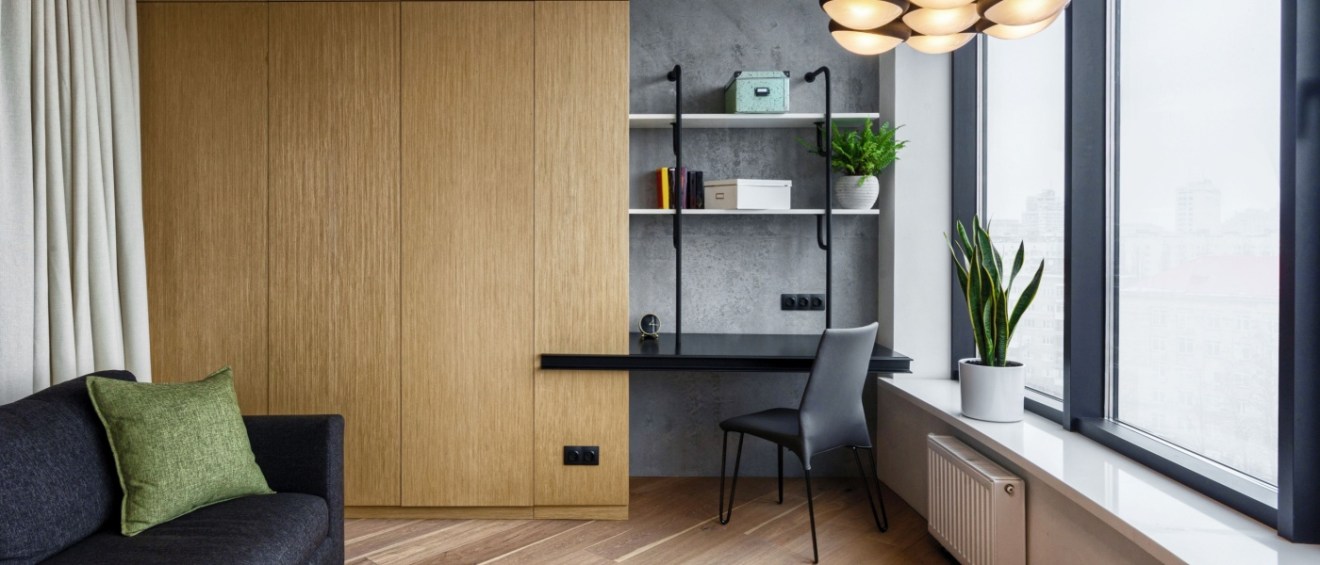Share this article:
Bills, bills, bills. You may have little control over your monthly rent or your deposit, but you may be surprised by how much control you have over your utility bill each month. That control is based largely on how the bill is calculated. The following is designed to help you get informed about how your utility bills are calculated and what sort of control you have over those bills.
If you are renting from an apartment community, you will commonly have one or a mix of the following methods for calculating your utility bill.
 Sub-metering – is growing in popularity thanks to incentives for installing sub-meters. Sub-metering is the most accurate of the billing methods as it is a physical meter that registers your actual utility usage. Sub-meters exist for all of the three major utilities – gas, water, and electricity – but the most common is the electricity sub meter. The method isn’t perfect, utilities can be reluctant to install sub-meters, it may be difficult or impossible to install, and sub-meters can take the pressure off the management for implementing energy efficient upgrades since the management is essentially removed from the resident’s utility equation. On the upside, the resident can better control what they get charged each month by implementing their own restrictions on utility usage. This is the only method where your actions directly affect how much you pay each month.
Sub-metering – is growing in popularity thanks to incentives for installing sub-meters. Sub-metering is the most accurate of the billing methods as it is a physical meter that registers your actual utility usage. Sub-meters exist for all of the three major utilities – gas, water, and electricity – but the most common is the electricity sub meter. The method isn’t perfect, utilities can be reluctant to install sub-meters, it may be difficult or impossible to install, and sub-meters can take the pressure off the management for implementing energy efficient upgrades since the management is essentially removed from the resident’s utility equation. On the upside, the resident can better control what they get charged each month by implementing their own restrictions on utility usage. This is the only method where your actions directly affect how much you pay each month.
RUBS (ratio utility billing system) – is another very commonly used method to calculate utilities in apartment communities. RUBS can include all utilities (electricity, gas, water, trash, and sewer). The data is amassed for the entire community and then broken down per occupant or by square footage. While the resident still has influence over the monthly bill, trends show that it is less likely to result in increased efficiency since those who save can be overridden by those that use too much. Additionally, if the total is based on occupancy, the fixed charges such as trash, sewer and common usage may increase an individual’s monthly bill if occupancy decreases.
Fixed monthly rate – this is a common method when renting a room or area of a house or for a smaller apartment community. If this is the case, it is important to ask a few questions about how this amount is determined. First, how is the monthly amount determined? Instead of picking a general number, taking the last year or two of bills and averaging them is a way to ensure people are being accurately charged for utilities. Follow up by asking how that average is divvied up – by unit, person, or square footage. The fairest method is to divide it by square footage, and next, by person.
For as fair of a split as possible, it is important that a single occupant is not being charged the same amount for gas, water and electricity as an apartment with dual occupancy. In the same respect, if an apartment is smaller than other units, the split should reflect this difference. While this method is straightforward, is it not always the most cost effective or energy efficient. When employing a fixed monthly utility charge there no incentive for residents to save energy since any benefits from savings or charges from overuse will not be passed on to the residents.
It is always nice to get rewarded monetarily for your part in utility conservation. However, in many cases, you may have to accept the warm fuzzy feeling of doing the right thing if your utility bills don’t reflect your conservation efforts.
Have you implemented energy conservation methods in your household? What did you do? Do you live in a community or building where conservation is discussed?
Share this article:
The Ready Renter has your back
Tips, news, and research curated for renters, straight to your inbox.




Related posts
Subscribe to
The Ready Renter newsletter







